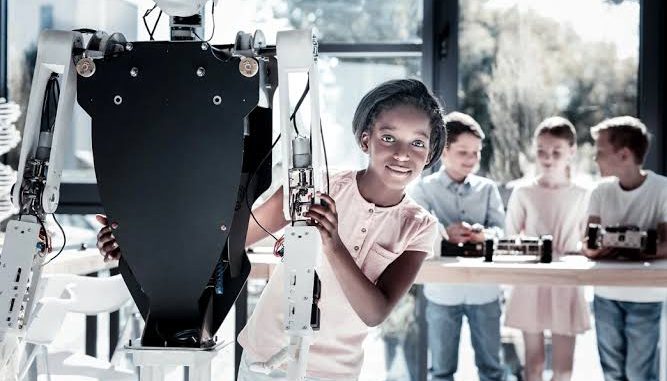
In an era of rapid technological advancements and ever-evolving societal demands, traditional education systems are being redefined. The education revolution is here, bringing with it innovative teaching methods that foster creativity, critical thinking, and adaptability. As the world moves toward an increasingly knowledge-based economy, the role of education in shaping future leaders has never been more crucial.
The Shift from Traditional to Innovative Learning
For decades, conventional teaching methods relied heavily on rote memorization, standardized testing, and rigid curriculums. However, research and educational experts have pointed out the limitations of these approaches in preparing students for real-world challenges. The new wave of education emphasizes personalized learning, hands-on experiences, and technology-driven instruction to create more engaging and effective learning environments.
Key Innovative Teaching Methods
1. Project-Based Learning (PBL)
Project-Based Learning is a method where students work on real-world problems, fostering skills such as teamwork, problem-solving, and self-management. Instead of passively absorbing information, students take an active role in their education by conducting research, collaborating with peers, and presenting their findings.
2. Gamification in Education
Gamification applies game elements to learning environments, making education more engaging and interactive. Platforms like Kahoot!, Duolingo, and Classcraft use points, badges, and leaderboards to encourage participation and motivation.
3. Blended Learning
Blended learning combines online digital media with traditional face-to-face instruction. This approach allows for greater flexibility and personalization, enabling students to learn at their own pace while still benefiting from direct teacher interaction.
4. Flipped Classroom Model
In a flipped classroom, traditional learning structures are reversed. Students watch lectures and instructional videos at home, then engage in discussions, problem-solving, and hands-on activities in the classroom. This model enhances understanding and application of knowledge.
5. Experiential Learning
Experiential learning emphasizes real-world experiences, such as internships, service-learning, and simulations. By actively participating in their education, students develop critical thinking, adaptability, and leadership skills that are crucial in professional settings.
6. Artificial Intelligence and Adaptive Learning
AI-powered learning tools analyze students’ progress and personalize content based on their strengths and weaknesses. Adaptive learning platforms like Khan Academy and Smart Sparrow help students receive targeted instruction tailored to their individual needs.
The Impact on Future Leaders
Innovative teaching methods are not just about making education more exciting; they are about preparing students for leadership in an uncertain future. The skills developed through these modern approaches—such as collaboration, digital literacy, emotional intelligence, and creative problem-solving—are highly valued in today’s workforce.
Moreover, fostering a growth mindset, where failure is viewed as a stepping stone rather than an endpoint, cultivates resilience and adaptability. Future leaders must be equipped to navigate complex global challenges, drive innovation, and lead with empathy and ethical responsibility.
Conclusion
The education revolution is reshaping how students learn and develop leadership skills. By embracing innovative teaching methods, educators can create dynamic learning experiences that prepare students to excel in an unpredictable future. As the world continues to evolve, so too must our approach to education—ensuring that future generations are equipped to lead, innovate, and inspire.